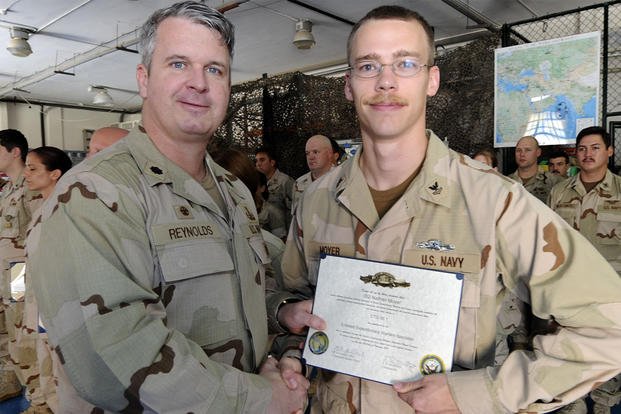Few special operations forces are clad in as much secrecy as the Intelligence Support Activity.
Little is known about the organization or its activities, but it is clear that they serve as a military intelligence unit and have partaken in numerous missions around the globe. The Pentagon frequently disavows knowledge regarding their activities or even their existence, and they've been given different names multiple times to misdirect any probes into their identity or activities. Originally referred to as Task Force Orange, other names have included Centra Spike, Torn Victor and Gray Fox.
Before it operated under the name ISA, the group was referred to as the Field Operations Group (FOG). FOG was developed because of a perceived need for greater intelligence-gathering capabilities for the U.S. military. When hostages were taken in the Tehran embassy in 1980, it became clear that FOG needed to become a larger group with more resources. FOG became permanent and renamed ISA on March 3, 1981.
The ISA specializes in gathering human intelligence, signals intelligence and combat. Their unique abilities are called upon when other special operations forces have not been able to complete their mission due to a gap in intelligence. These missions include finding Colombian drug lord Pablo Escobar, locating Army Gen. James Dozier when he was kidnapped by the Red Brigade in 1981 and taking out observation points in Afghanistan to protect friendly forces in the area.
Gaining entry into the ISA is not easy; candidates already must be part of a special operations forces group. Candidates then are put through a battery of assessment and selection courses as well as background checks and psychological testing. Once admitted, candidates must pass the operations training course, which teaches infiltration techniques, advanced air operations, offensive and off-road driving, personal defensive measures and communications.
Want to Know More About the Military?
Be sure to get the latest news about the U.S. military, as well as critical info about how to join and all the benefits of service. Subscribe to Military.com and receive customized updates delivered straight to your inbox.











